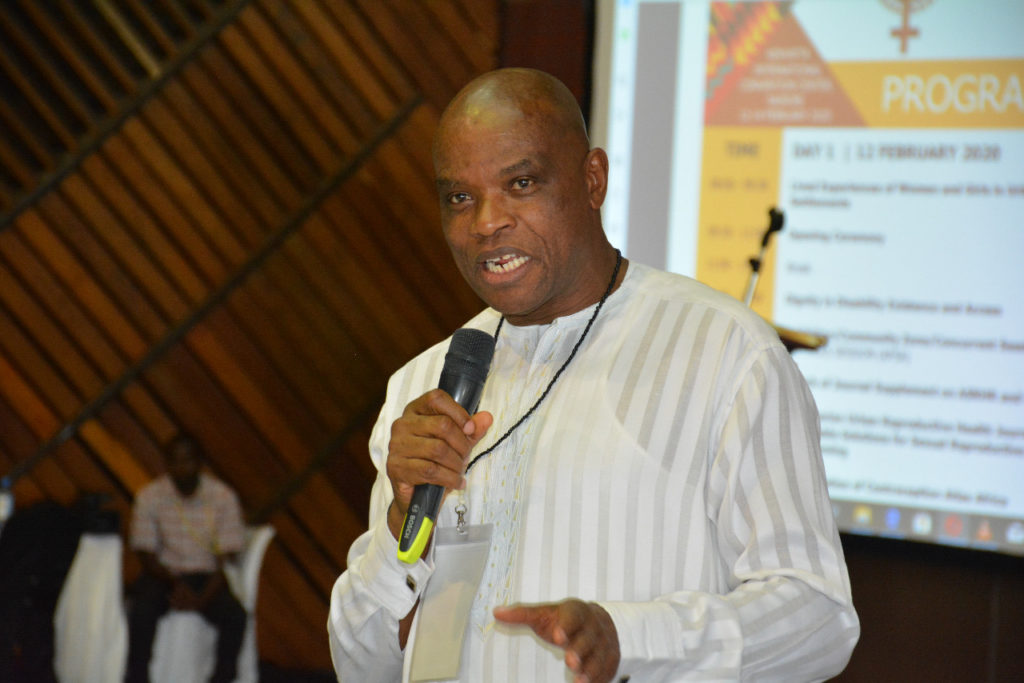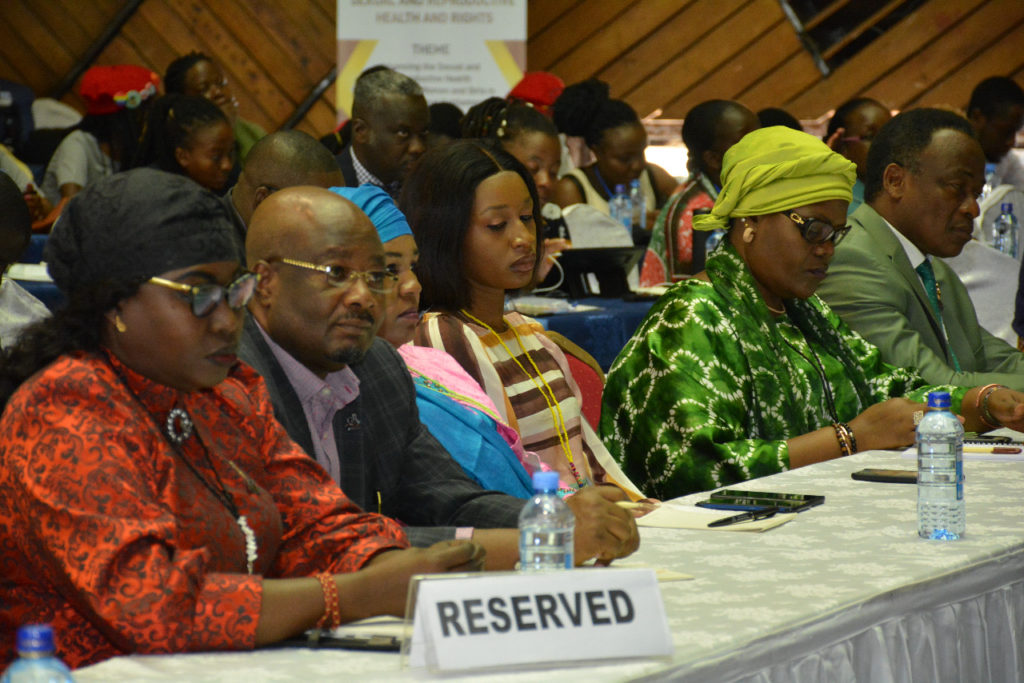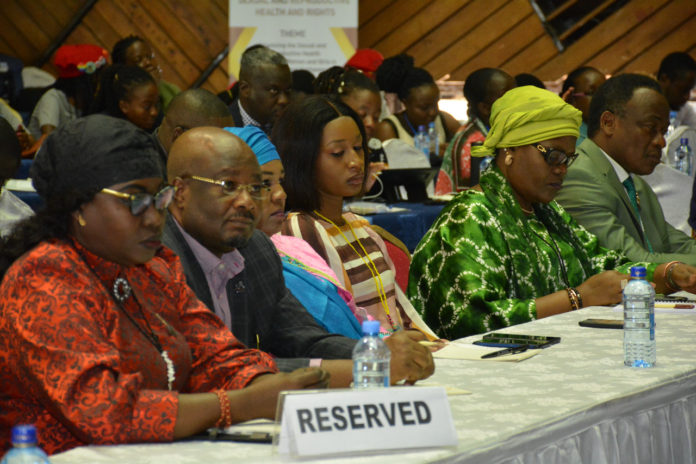By Lenah Bosibori
Nairobi, Kenya: Sexual health and rights activists recently urged authorities to set up a database for sexual offenders in a bid to enhance their rehabilitation and movement.
Speaking on Tuesday at a forum in Nairobi, the activists said that the creation of a database for individuals who have committed sexual offenses is key to track their behavior and the potential threat to communities.
“A database for sexual offenders will in many ways boost speedy prosecution of cases and rehabilitation aimed at reintegrating them back into their communities,” said Uwemedimo Esiet, the convener of the 9th African Conference on Sexual Health and Rights (ACSHR) 2020.

He said that an inventory of sexual offenders will enable law enforcement agencies and communities to identify their whereabouts and the potential risk to vulnerable demographics like young girls.
“Both the government and community- based rights groups should have access to information on sexual offenders and progress of their rehabilitation in order to mitigate future threats,” said Esiet.
Lavender Akinyi, a volunteer with Polycom, a Nairobi based lobby group, noted how they are working closely with vulnerable girls from Kibera in Kenya. ” We work with girls from Kibera on various issues around reproductive health, one area is on menstrual health where we help them get sanitary towels.”
Akinyi also confirmed how they encourage girls to write issues of reproductive health affecting them and to drop them in talking boxes.” These talking boxes have been very helpful because those girls who cannot talk about their problems get to write them.”
Kenya is hosting a weeklong Pan African forum to discuss policy and legislative tools that can be harnessed to advance the reproductive health agenda for youth living in urban slums.

The ninth African Conference on Sexual Health and Rights (ACSHR 2020) that is taking place in Nairobi from Feb 10 to 14, will also focus on novel ways to eliminate harmful practices like early marriages, gender-based violence, and female genital cut.
Uwemedimo Esiet noted that innovative strategies are required to tackle sexual violence against women and girls in hard to reach areas like urban slums and remote villages.
“We have a duty to eradicate the menace of gender and sexual violence by coming up with a database to identify their names, location and general behavior,” said Esiet.
He said that enforcement of existing laws, public awareness, and the establishment of a recovery fund for victims is key to boost the fight against sexual violence in Africa.














